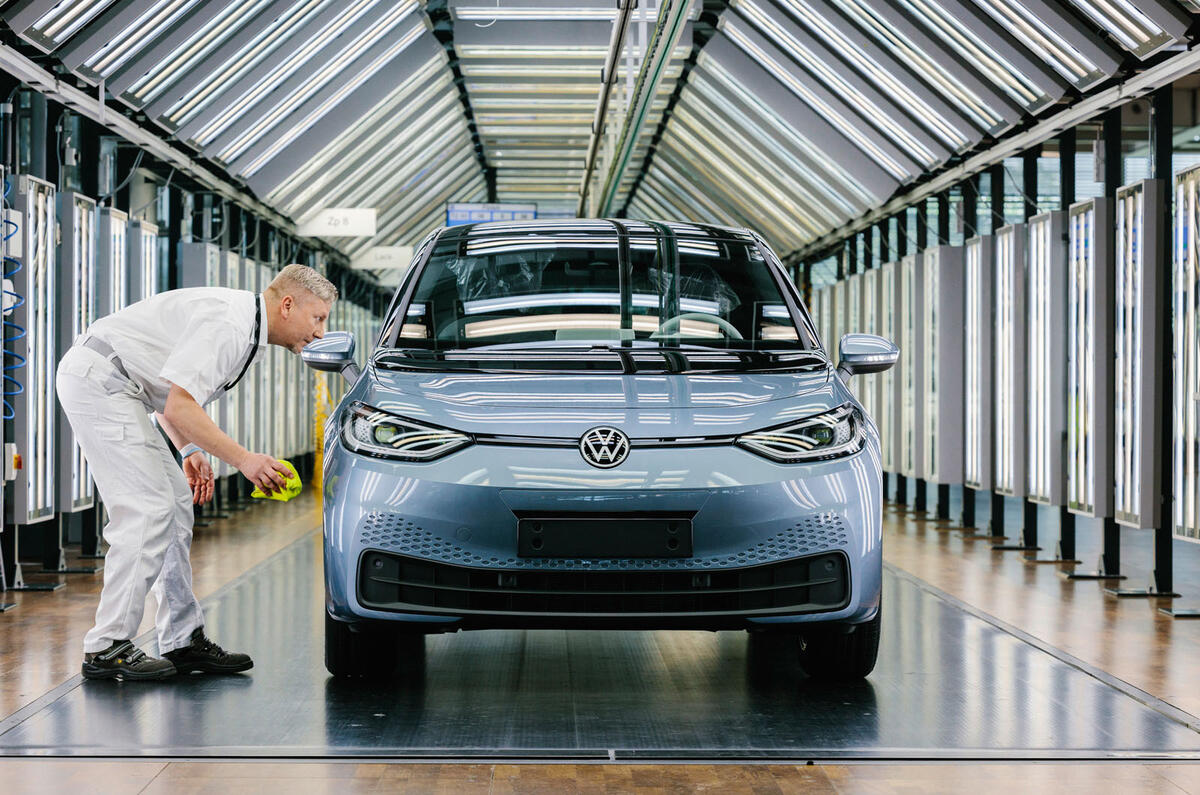The barely concealed conflicts between the many competing forces acting on the Volkswagen Group – from management, investors and the Porsche/Piëch controlling families to the unions and the German state – have moved centre stage after the automotive giant signalled it urgently needed to cut costs in order to compete in a new era.
The VW Group is considering shutting two German plants as part of a plan to become fitter in the face of increased competition from new players, including those from China.




Add your comment